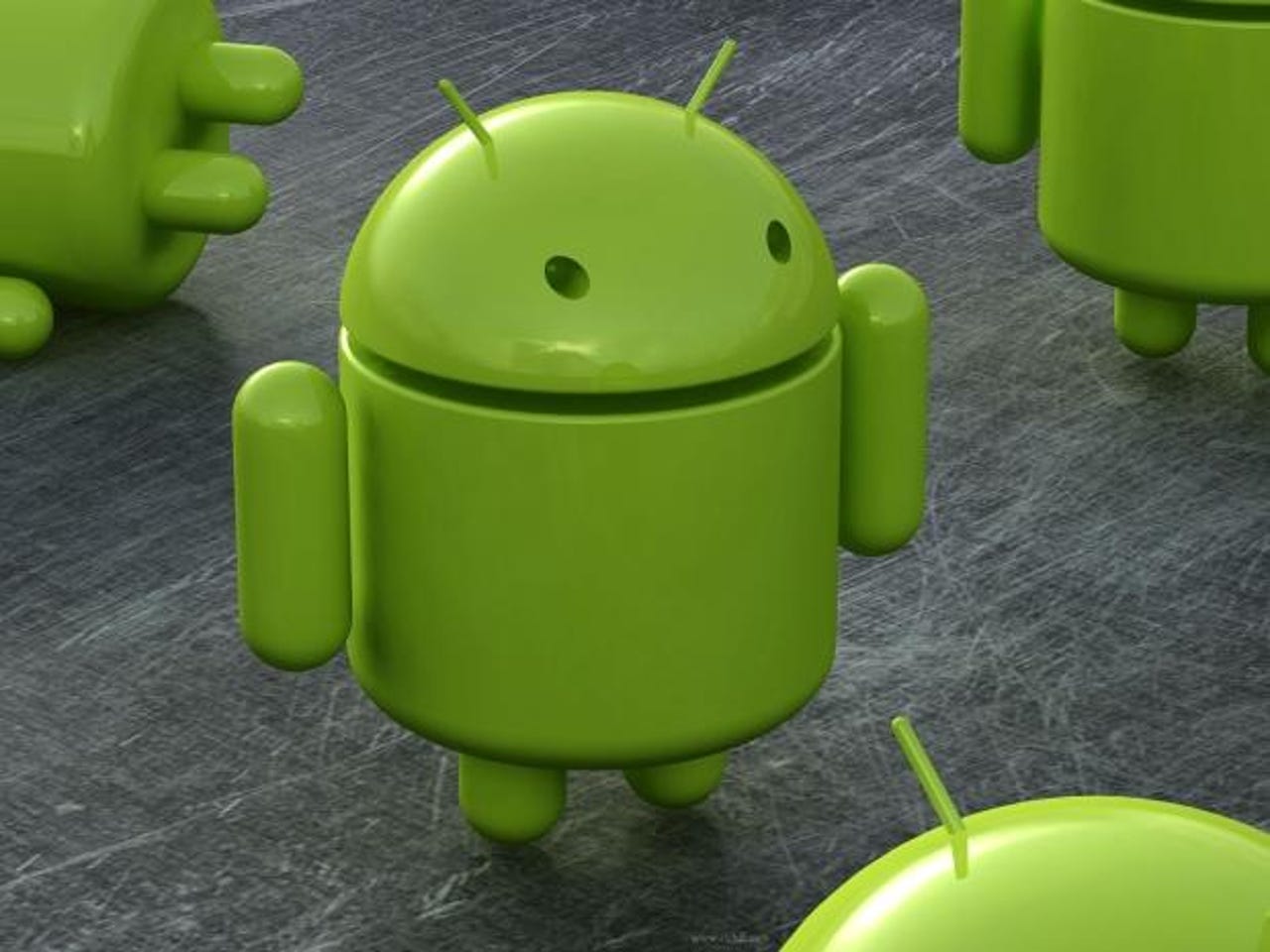Android really is the new Windows

Analyst figures can be a dry affair, but sometimes they're so stark that they make the future a bit clearer. That's the case with the mobile sales numbers that came out of Gartner yesterday.
It seems that Android really is the new Windows. By extension, that means Linux — on which Android is based — is currently whipping ten shades out of Microsoft and indeed everyone else. How times change.

Gartner's figures cover mobile device sales in the third quarter of this year. Android has gone into overdrive: unit sales more than doubled year-on-year to 122.5 million, and the platform has a market share of 72.4 percent, up from 52.5 percent a year before. That's in mobile devices, not just smartphones.
Apple's iOS is in second place, with quarterly device sales up from 17.3 million to 23.5 million, but its market share down from 15 percent to 13.8 percent. Other mobile OSes are all in the single digits, from RIM's 5.3 percent share down to Microsoft's 2.4 percent.
Read this
Now compare this data with what Gartner said a month ago about PC shipments in the same quarter. The grand total for Q3? 87.5 million units. A year-on-year drop of 8.3 percent, since you ask.
In other words, Android device sales have an almost 3:2 ratio compared with PC shipments — and remember that shipments are always greater than sales (unless the product sells out). At this rate, the ratio will be 2:1 within a quarter or two.
Ouch
Caveats apply, of course, but I don't think any are major enough to provide an alternative explanation for this trend. Maybe people delayed PC-buying decisions in anticipation of the Windows 8 launch? Microsoft's upgrade programme cancels out this theory to some degree. Also, this is the back-to-school quarter.
No, this is a real trend. And before you go, "Ah, but smartphones and PCs are not the same thing", well, for many people they are. Think of all those in emerging markets who have never owned a PC and never will. They're increasingly getting their windows on the web — which is the real winner here, in some respects — through handsets and tablets.
Even in the so-called developed world, these devices are usurping the PC for many functions, from web browsing to communications, and even for light document editing.
And Android is winning, on cost and (drum roll) on openness.
Open for business
Why openness? Because there are many app stores out there for Android, and because apps can even be loaded without getting it via a marketplace at all. You and I in the US and Europe may not ever venture outside the confines of Apple's App Store and Google's Play Store, but believe me, the alternatives are out there and heavily used, particularly in countries such as China and Russia.
You know what's funny about this? Android is winning, partly because it represents what Windows used to represent: flexibility.
It may seem a bit unfair to say "used to" there, but it's really not. Microsoft has been very clear that starting with Windows 8, it now wants to control its app ecosystem Apple-style.
It's correct in calculating that this will lead to a higher standard of app, but it's wrong if it thinks this will give it any kind of edge against Apple (which offers the same deal but is far further down the road in terms of building an ecosystem). It's also utterly deluded if it thinks most people care about the "uncontrolled" nature of Android.
The desktop won't go away — it's still needed for many types of content creation, and that will stay the case for a long time yet. But the smartphone and the tablet are computers too, and in the overall picture, Android is taking over the world.